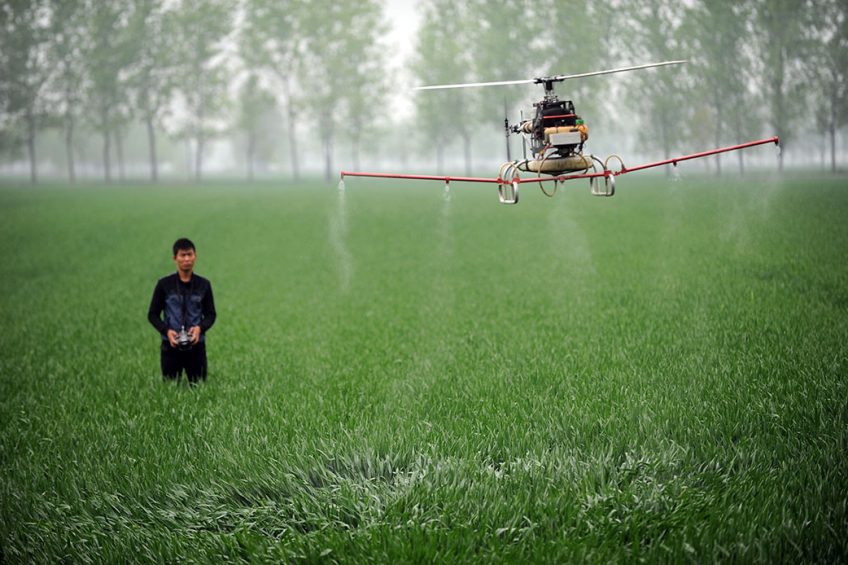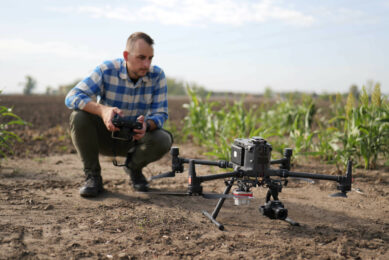Level playing field for new farming technology? No!

How fast new precision farming technology is being developed and adopted, depends on the country you‘re farming in.
The latest edition of Future Farming is brimming with promising technologies that growers around the world can use to their advantage. Yet, sometimes it all depends on which country you farm in. Spray drones, for example, are being developed rapidly, but may not be allowed to be used in Western countries, due to strict environmental legislations.
Chinese drone manufacturers develop faster
Roughly speaking, Asian countries – with China in the lead – are more relaxed about the application of new technologies such as spray drones in farming. This allows large Chinese manufacturers of drones, such as DJI and XAG, to develop faster, which means they can dominate global markets.
EU allows drone spraying under strict conditions
Things are very different in most other countries and regions. In the EU for example, spraying is allowed under very strict conditions, but only with approved and tested sprayers driving in the field. Spraying from airplanes and helicopters was banned in the EU many years ago, because of the high risk of drift.
Recently, we‘ve made an extensive overview of drone spraying and regulations, check it out!
Autonomous field robots and tractors
From this perspective, it makes sense that farmers in most countries are very sceptical about the development of spray drones. But the same also applies to other new technology, such as autonomous field robots and tractors. Technically they are ready to go, but strict Western regulations with regard to safety and security are preventing a faster breakthrough.
Growers and contractors risk lagging behind
If countries wait too long to adapt their laws and regulations to accommodate the use of new technologies, growers and contractors will risk lagging behind. As a result, for example, growers in China will be able to produce food much more efficiently and sustainably than Western growers. So where will we see developing countries in ten years’ time? In the West or in China?
The latest edition of Future farming is available for you to read online.
Join 17,000+ subscribers
Subscribe to our newsletter to stay updated about all the need-to-know content in the agricultural sector, two times a week.



